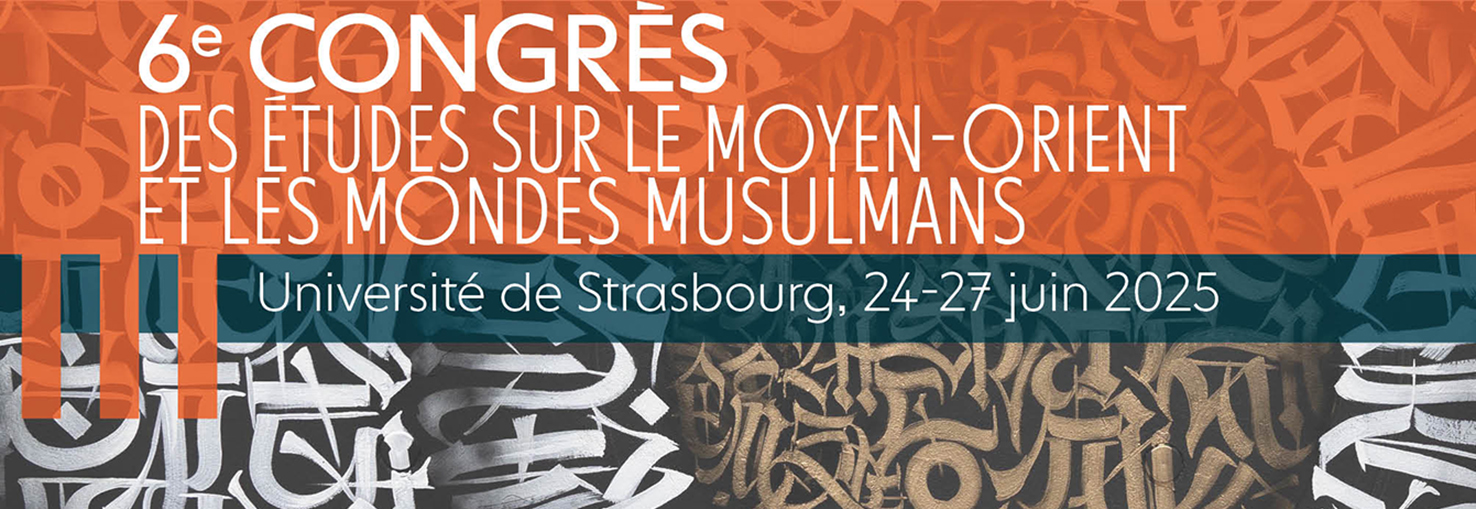Mercredi 25 juin 2025, 11h00-13h00, Salle 3R-01
RESPONSABLES ET DISCUTANTS :
Inès Delpuech (Paris 8, IHTP, CNRS)
Nessim Znaien (Marburg University)
INTERVENTANTS :
Mohamed Mouskite (Cadi Ayyad University, UCA, Faculty of letters and humanities, Morocco and Mediterranean Space: History, Culture and Ressources, Marrakech, Morocco) : Les droits coutumiers « tlwāh » et les actes adulaires : Documents de référence pour l'histoire environnementale du Maroc
Customary laws “tlwāh” and “adular” acts: Reference documents for the environmental history of Morocco
Émilie Pasquier (Sciences Po, Centre d'histoire de Sciences Po) : Faire l'histoire des appropriations urbaines de l'eau en Égypte au XIXe siècle à partir d'archives semi-coloniales
Using semi-colonial archives to write the history of urban water appropriation in Egypt in the 19th century
Matthieu Rey (Ifpo) : Paysage d'Euphrate
Euphrates' landscape
Inès Delpuech (Paris 8, IHTP, CNRS) : Les chants du phosphate : Les productions culturelles comme archives de l'industrie phosphatière en Tunisie (années 1970-1980)
Phosphate's songs: Cultural production as archives of phosphate's industry in Tunisia (1970s—1980s)



